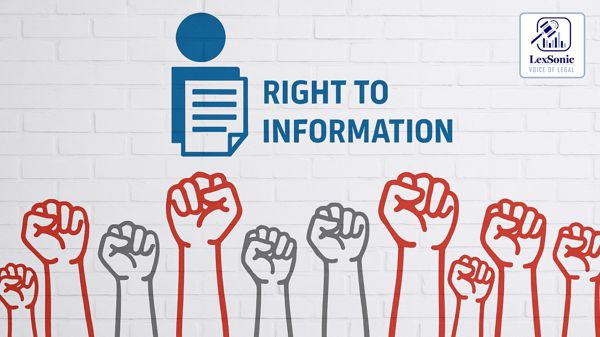Delhi High Court Says "No Exceptions": Educational Institute Must Provide Details Under RTI.
26 April 2024
Education >> Miscellaneous | RTI – Right to Information >> Miscellaneous
In a recent legal battle between Indian Institue Of Foreign Trade vs Kamal Jit Chibber, highlighted the nuances of the Right to Information (RTI) Act in India, an educational institute, governed by the Government of India, found itself at odds with a former employee seeking extensive information under the provisions of the RTI Act, 2005. The case, filed under Article 226 of the Constitution of India, challenged the directive of the Central Information Commissioner (CIC) mandating the disclosure of detailed institutional records.
The petitioner, an institute dedicated to promoting international trade and business, faced repeated RTI applications from the respondent, who sought comprehensive financial, administrative, and operational details spanning several years. The requests included intricate specifics such as income-expenditure statements, expenditure on office renovations, grants received, and expenditure on foreign visits, among others.
The crux of the legal dispute centred on the institute’s assertion that fulfilling these RTI requests would impose an impractical burden due to the voluminous nature of the information sought. Citing Section 7(9) of the RTI Act, which allows public authorities to deny information if its compilation is unreasonably burdensome, the institute contended that immediate disclosure was not feasible. They argued that previous CIC orders had allowed for inspection of records instead of immediate disclosure, reflecting concerns over the sheer volume and complexity of the requests.

In contrast, the respondent, supported by the CIC’s directive, asserted their right under the RTI Act to access information held by public authorities. The CIC’s order emphasized transparency and accountability, noting that none of the exemptions under Section 8 of the RTI Act applied to the information requested.
During the legal proceedings, the High Court deliberated on the balance between transparency obligations under the RTI Act and the practical challenges faced by public authorities in compiling extensive information. The court highlighted that while voluminous requests may present administrative hurdles, they do not automatically exempt public authorities from their obligations under the law to provide information, unless specific exemptions apply.
Ultimately, the court dismissed the institute’s writ petition, affirming the CIC’s order to provide the information within a stipulated timeframe. The decision underscored the foundational principles of the RTI Act, emphasizing transparency in governance and the public’s right to information as paramount, while acknowledging the administrative complexities faced by institutions.
This case serves as a significant example of the ongoing legal interpretation and application of the RTI Act in India, illustrating the delicate balance between transparency requirements and practical administrative challenges encountered by public authorities. As such, it underscores the importance of upholding transparency in public institutions while navigating the logistical realities of information disclosure.
Right to Information Act, 2005
